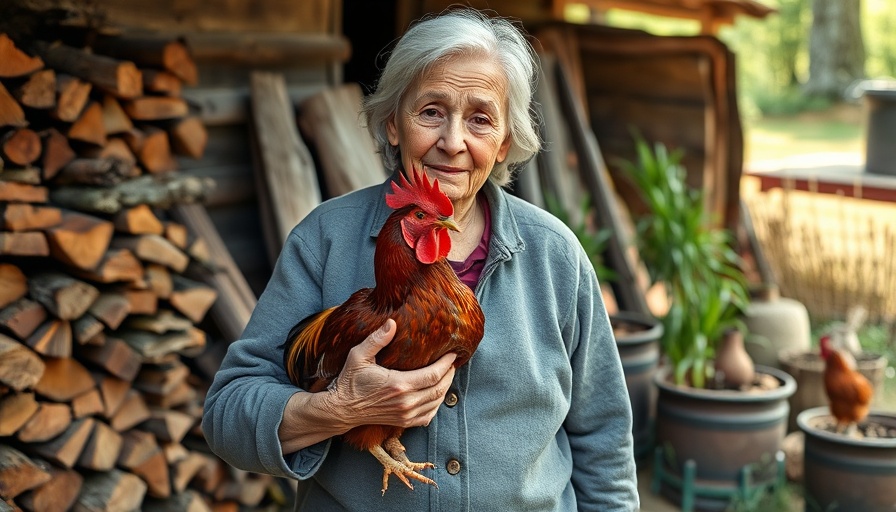
Thailand’s Biofuel Ambition: Ethanol in the Spotlight
Since the late 1970s, Thailand has been on a quest for energy security through ethanol production, using domestically produced crops to fuel its transportation sector. With a strong reliance on imported fossil fuels, the government has strategically positioned ethanol as a key player in its energy policy. The recent technological advancements, particularly the introduction of genetically modified (GM) yeast and enhanced cellulase enzymes, mark a pivotal shift in ethanol production efficiency.
The Power of Feedstocks: Molasses and Cassava
In 2023, Thailand's ethanol production stood at an impressive 1 billion liters, primarily derived from molasses and cassava—two locally abundant agricultural products. The consumption of these feedstocks reached 3.3 million and 2.7 million metric tonnes respectively. As the biofuel sector matures, stakeholders are keen to optimize production processes. The adoption of GM yeast has introduced greater efficiency, allowing for higher yields while minimizing production costs.
Environmental Impact: A Cleaner Future?
One of the most appealing aspects of ethanol is its potential to mitigate greenhouse gas emissions. Studies indicate that ethanol can reduce carbon emissions by about 40% when compared to conventional petrol. This reduction is paramount as Thailand gears towards achieving carbon neutrality by 2050. With the government’s decision to extend its biofuels mandate to 2026, an increase in consumer demand for E20 and E85 fuels is anticipated, further solidifying ethanol's role in the energy mix.
The Path Ahead: Addressing Challenges in Consumption
Yet, the journey is not without hurdles. Recent trends indicate that ethanol consumption saw a decline mainly due to the withdrawal of a price subsidy for E85 fuel, along with increased pressure from the growing electric vehicle (EV) market. Between 2020 and 2021, ethanol consumption was especially hampered by the COVID-19 pandemic, illustrating the vulnerabilities within the biofuels market.
Ethanol vs. Electric Vehicles: A Complementary Relationship
As Thailand accelerates its EV initiatives, there is a common concern that biofuels may soon become obsolete. However, experts argue that ethanol offers a viable alternative—especially in the short term—supporting the transition to a low-carbon economy until electric infrastructure matures. Presently, approximately 80% of Thailand's electricity is still generated from fossil fuels, which tempers the allure of plugging in EVs as a panacea.
Exploring New Markets: The Sustainable Aviation Fuel Opportunity
With a solid foundation in ethanol production, Thailand can expand into the Sustainable Aviation Fuel (SAF) market, a move highlighted in the 2024 Alternative Energy Development Plan. Given the increasing demand for SAF driven by regulatory mandates, this diversification could maximize the potential of existing biofuel infrastructures while contributing to long-term sustainability goals.
Community Engagement: The Role of Consumers
The continued growth of the biofuel sector is also oriented around community and consumer engagement. By promoting sustainable practices and raising awareness regarding the environmental benefits of ethanol, stakeholders can foster a culture of responsible consumption. This is particularly relevant for eco-conscious consumers looking to make greener choices in everyday life.
Final Thoughts: Towards a Sustainable Future
As Thailand strives for a sustainable energy future, the role of biofuels like ethanol becomes increasingly critical. The intersection of technology, policy, and public engagement will shape the trajectory of the biofuel industry in the coming years. Embracing ethnical sourcing and production practices could reinforce Thailand’s position as a leader in renewable energy within Southeast Asia.
Being part of the transition towards sustainable living is essential for all. By embracing ethanol and advocating for policies that promote renewable energy, consumers can make informed choices that contribute to a greener planet.
 Add Row
Add Row  Add
Add 



Write A Comment